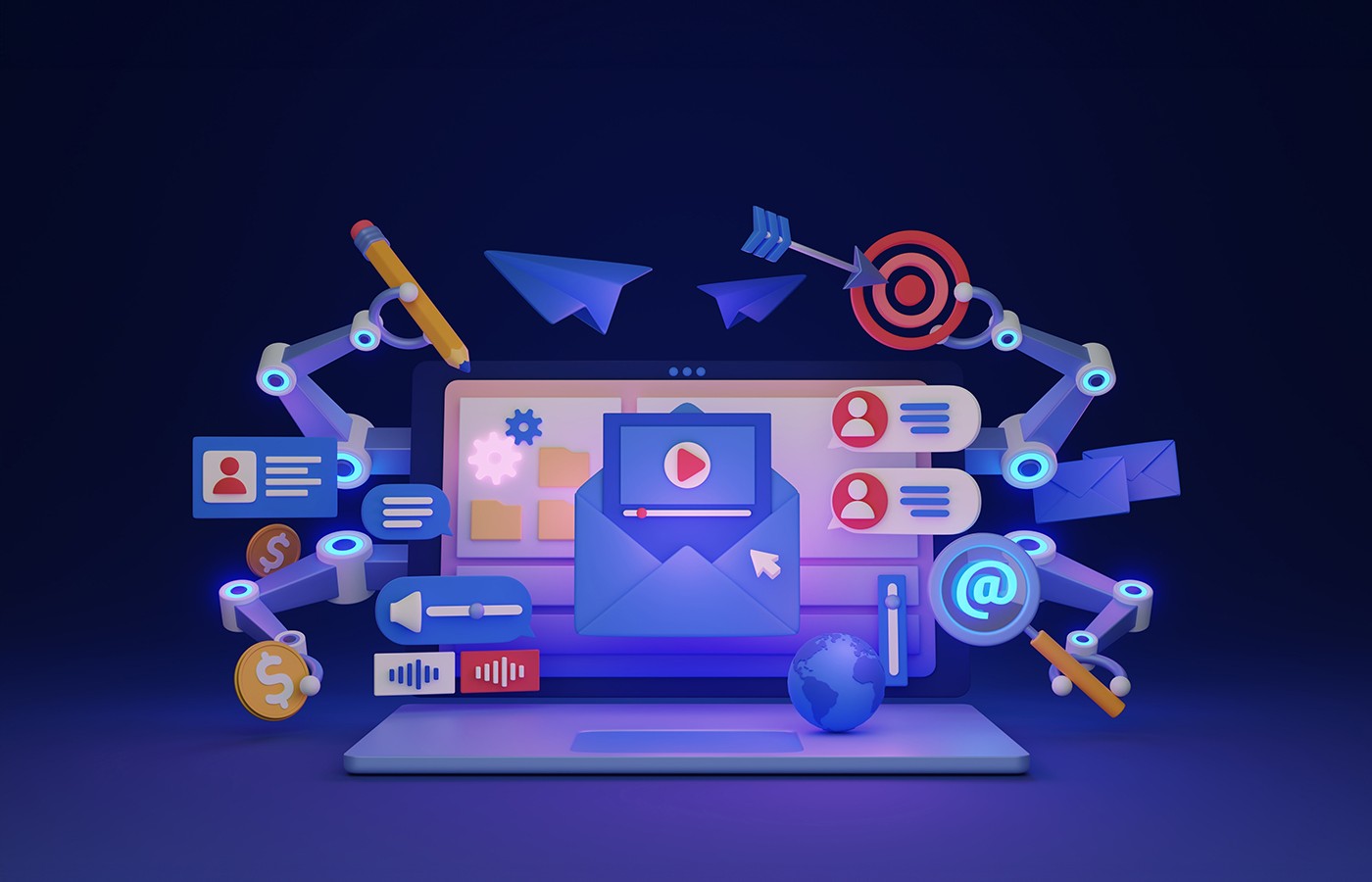One of the longest nerves in the body is known as the vagus nerve (VN). The VN is the 10th pair of cranial nerves that originates at the brain stem in the medulla oblongata. This nerve is part of the parasympathetic nervous system, which is a part of the ANS. Research suggests ear acupuncture can activate the VN.
The Pros and Cons of AI Marketing: Is It Right for Your Practice?
- AI marketing is often referred to as the fusion of this new concept of artificial intelligence and traditional digital marketing efforts.
- The most popular benefit of AI marketing, and what draws people to research it in the first place, is the enhanced efficiency it brings to the table.
- However, if you choose to use AI marketing, you want to make sure your messaging and strategies don’t inadvertently exclude a particular patient base.
The struggle to market your practice can feel never-ending. As a small-business owner, you just want to treat patients, but first, you must figure out how to get those patients in your door. Health care, in general, is at a crossroads at which patient care meets technological innovation. As you look to grab the attention of potential patients, is it time to explore the frontier of artificial intelligence (AI) marketing?
AI Marketing Explained
So, what is AI marketing? It’s often referred to as the fusion of this new concept of artificial intelligence and traditional digital marketing efforts. Some marketing experts claim that AI marketing will revolutionize marketing efforts, drive practice growth, and give customers a more personalized experience with your practice.
However, AI marketing does not come without its critics. Let’s explore the pros and cons of this new frontier so you can decide for yourself if AI marketing is right for your practice.
The Pros
The most popular benefit of AI marketing, and what draws people to research it in the first place, is the enhanced efficiency it brings to the table. The automation that AI brings by streamlining marketing workflows allows you and your office staff to allocate your time and resources more effectively and efficiently. Tasks like email marketing, social media management, and content generation can be automated, thus freeing up valuable time for patient care.
Another benefit of AI marketing is the personalized touch it can give to your patients. According to a study by Accenture, 91% of consumers are more likely to go with a brand that provides relevant offers and recommendations.
You are a brand competing with other practitioners in your area for patients. AI can help you tailor your marketing campaigns to individual patient preferences, separating you from the pack and making stronger connections with current and future patients.
A third benefit is the data-driven insights AI delivers. AI algorithms analyze vast amounts of patient data for you and discern patterns and trends, allowing you to make informed marketing decisions.
The insights gleaned from AI-driven analytics can help you optimize your marketing strategy, which can lead to more traffic to your practice website, higher conversion rates (i.e., more appointments booked), and improved patient satisfaction.
The Cons
With such great benefits in the pro column, what concerns comes with AI marketing? Here are a few things to consider as you look at this marketing tool.
First, there are some ethical concerns you may consider. AI relies heavily on patient data to identify trends and behavior patterns that help you market more effectively. However, this reliance on patient data does raise concerns about privacy and data security. As a medical professional, navigating the regulatory requirements, such as HIPAA laws, is up to you to ensure compliance and protect patient confidentiality.
A second concern is the risk of bias. Despite its amazingly advanced algorithms, AI marketing can be susceptible to biases inherent in the data it analyzes. This could inadvertently perpetuate disparities in patient access and treatment options in health care marketing.
If you choose to use AI marketing, you want to make sure your messaging and strategies don’t inadvertently exclude a particular patient base.
A third concern is the struggle between the personal and sincere human touch vs. the automation that AI relies on. While enhanced efficiency can be a huge draw for many busy practices, there is a risk of diluting the human touch that is absolutely essential to effective communication.
An overreliance on automated content could lead to an erosion of trust with your patients and ultimately hinder the establishment of sustainable relationships.
The Decision
So, how can you, as a practitioner, safely and effectively harness the potential of AI marketing while still preserving the essence of meaningful care? It becomes imperative for you to weigh the benefits against the challenges that are inherent in any new technology.
Remember when online record-keeping came on the scene? Technology has the potential to make life easier, but never comes without its risks.
If you lean on the pros of personalized patient engagement, data-driven strategies and efficiency, you might unlock new avenues of practice growth and patient satisfaction. However, if you ignore the ethical concerns, the risk of bias, and the critical balance of automation with sincere human connection, you could give yourself even more headaches.
AI isn’t going anywhere and demands careful attention and ongoing evaluation. Don’t jump in without doing your due diligence. Make sure this really is the right solution for your practice. The future of AI marketing will be shaped by those who use it and use it well.



